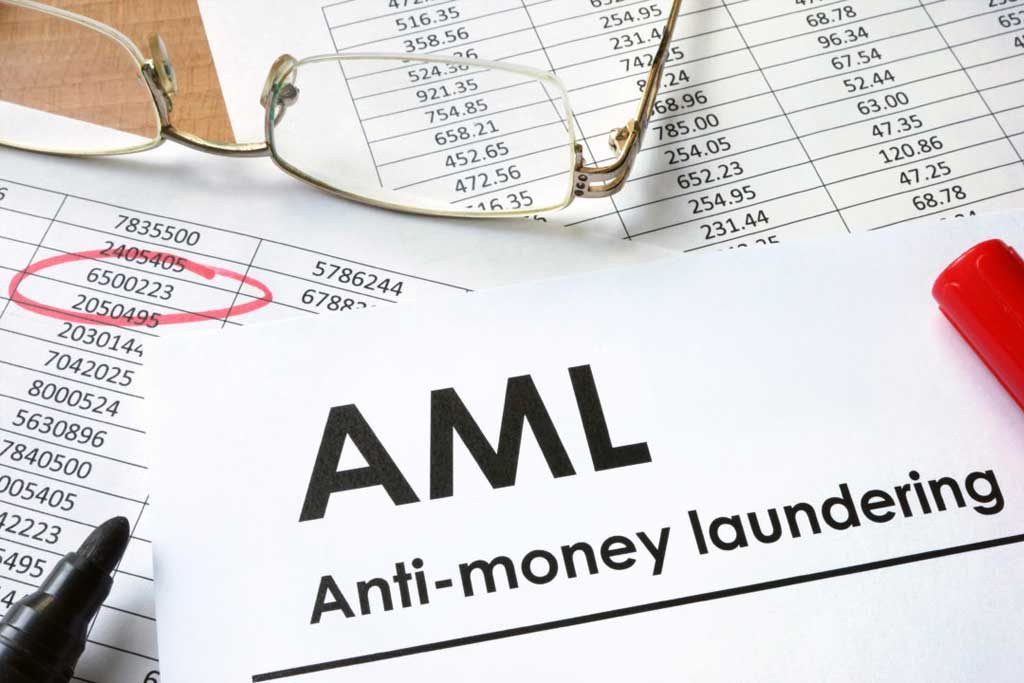AML Training Program
In today’s increasingly regulated financial environment, offering consulting coaching and risk mitigation solutions for compliance with anti-money laundering and counterterrorism funding regulations has evolved into a specialized area of competence. Many organizations including banks/FIs and DNFBPs (regulated entities like sealers in precious metals and stones, auditors, real estate brokers, company formation agents & lawyers) seek advice from compliance experts as standards become more complex in order to fortify their programs and protect their companies from financial crimes
We shall provide you insights on how to stay protected from such risk by imparting valuable market & Industry specific learnings, based on best practices being followed internationally, thereby helping you to abide with the regulatory requirements for sustained future growth.


Consultative Coaching
Consultative coaching involves a collaborative process where compliance experts work closely with clients to thoroughly understand their unique operations, risks, people, and processes. Through open dialogue and exchange of perspectives, a customized strategy is developed to address any compliance weaknesses while optimizing existing strengths.
The coach acts as a seasoned advisor, asking probing questions to surface issues and providing recommendations based on international standards, local regulations, and their vast experience dealing with regulatory authorities and managing risk across diverse industries. By fostering a coaching relationship built on trust and mutual understanding, clients gain clarity on challenges and empowerment over solutions
Risk Mitigation Strategies
Creating workable risk mitigation plans that are suited to the client’s business model and risk tolerance is a major goal of the solutions. To find, evaluate, and rank the vulnerabilities related to money laundering and terrorist financing across different departments, business lines, client segments, geographical areas, goods, and services, extensive risk assessments must be carried out.
Red flags and continuous due diligence are used to monitor key risk indicators that are pertinent to the industry. Control frameworks are optimized by strengthening customer due diligence processes, record keeping, suspicious activity monitoring, transaction screening, risk-based profiling, and politically exposed person screening. Technology-based enhancements ensure full transaction visibility and automated detection of complex patterns of concern.


Training Program Options
To embed a robust compliance culture, comprehensive training programs are essential. Clients have access to various AML training programs suited for different learner levels and language preferences. Beginner modules introduce regulatory basics and risk-based approaches.
Intermediate courses delve deeper into specific roles and responsibilities as well as real-life case studies. Advanced sessions equip senior management and compliance officers to strategize, problem-solve, and keep programs up to date with emerging threats and reforms. Blended learning combining online e-learning, virtual instructor-led classes, and on-site workshops maximizes knowledge retention.
Get Specialized AML and Compliance Courses
Specialized consultative coaching and risk mitigation solutions deliver tremendous value by enabling companies to strengthen their anti-financial crime defenses according to their unique risk profiles and move towards international compliance best practices. When delivered by experienced professionals like our experts at ComplyFin, these solutions with strong APIs and system integration with core banking system enhance compliance through a collaborative approach focused on continuous protection, empowerment, and progress.
We, at ComplyFin believe in educating you and your teams adequately with your business-specific requirements rather than just providing a simple template form of one-sided training. Our subject matter experts will provide valuable consultative coaching and also in detail various AML/CFT software solutions, Financial crimes, Cybercrimes, Frauds, Corruption & tax related frauds, Trafficking crimes, Identity thefts, and many such risks & abuses that can affect your business adversely.
Our experts will provide you with insights on how to stay protected from such risk by imparting valuable market & Industry specific learnings, based on best practices being followed internationally, thereby helping you to abide by the regulatory requirements for sustained future growth. Contact us today to schedule a consultation!
Answers to Common Questions
There is no single "best" course as training needs vary depending on factors like one's role and industry. A good starting point is a general introductory course covering AML regulations, red flags, and risk assessments. For new compliance officers, intermediate courses delving deeper into topics like customer due diligence, ongoing monitoring, and suspicious activity reporting are suitable. Senior managers may prefer advanced sessions on strategic issues. A combination of online e-learning and virtual/in-person instructor-led AML training programs often provides the most well-rounded learning experience
The most effective way to learn is through a structured training program provided by a qualified AML expert or institution. Such AML and compliance courses integrate theoretical knowledge with practical skills application. This can include e-learning modules, case studies, simulations, and interactive learning activities. Compliance officers should also gain on-the-job experience under the guidance of experienced AML professionals. Independent study of regulations, typologies reports and industry guidance further enhances learning. Continuing education keeps skills and understanding of evolving risks and reforms up to date.
In the UAE, there are a few accredited training providers and institutes that offer AML certification exams and programs. Key steps include choosing a certification based on one's role, completing the required training hours, and then taking the proctored exam. Certifications are typically valid for 3 years, requiring continuing education credits to renew. Certificates help demonstrate in-depth proficiency in AML principles, standards, and application to prospective employers and regulators.
As financial crime risks grow in sophistication, regulators require robust AML programs mitigated by well-trained compliance personnel. AML training programs equip professionals with the skills needed to effectively establish and maintain risk-based defenses. Training promotes awareness of evolving red flags and strengthens capabilities in areas like customer due diligence and transaction monitoring. From an employer perspective, training substantiates a commitment to compliance and protecting the organization's reputation.
The bare minimum of a basic AML program covers five key elements - governance/oversight, risk assessments, procedures, monitoring, and auditing. Governance sets the tone through a written policy and compliance officer job descriptions. Risk assessments identify vulnerabilities. Procedures provide guidance on CDD, record keeping, transaction screening, etc. Ongoing AML training programs help monitoring functions like investigating alerts.










